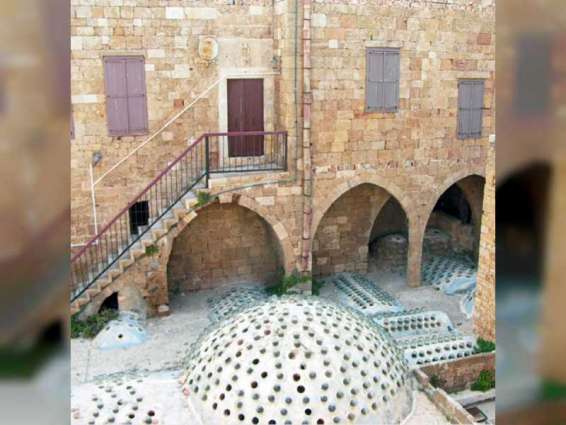SHARJAH, (Pakistan Point News - 07th Jul, 2020) The ICCROM-Sharjah, Regional Office of the International Centre for the Study of the Preservation and Restoration of Cultural Property, has launched a new regional initiative entitled "MEDINA", which addresses the protection of historic cities, and aims at supporting the enhancement of urban heritage management in the Arab region and valorising the role of cultural heritage in sustainable development.
The announcement was made at the conclusion of the webinar held on Monday, which was the last in a series of five virtual sessions organised in the course of one month, with the aim to draw on accumulated experiences in the region and to devise an effective framework for the MEDINA initiative that is based on priority needs on the ground. The five webinars involved national active actors working in urban heritage conservation in the Arab States, as well as regional and international organisations (including experts from UNESCO, the World Bank, ALECSO, ICOMOS and Euro-Mediterranean projects).
The webinars addressed five main themes, including: urban transformation of historic cities and post-conflict recovery plans; institutional capacity in managing urban heritage; traditional knowledge and the economics of historic cities; managing urban heritage in its natural environment and climate change; and general framework of the MEDINA programme, an integration of initiatives.
Based on the discussions and the agreement of the last webinar session, it was agreed that, through national, and where appropriate regional capacity building, the MEDINA initiative will be a multi-annual programme focusing on selected historic cities that will aim to improve local communities’ engagement in the historic cities conservation by focusing on traditional knowledge, and local crafts; conservation of historic cities in their natural environments; supporting local NGOs and initiatives that aim at improving micro-economies; raising awareness and building and supporting community resilience.
The MEDINA programme will also work with stakeholders at relevant national institutions to improve management plans, with a particular focus on documentation of tangible and intangible heritage and local traditional knowledge on GIS databases; enhancing urban management skills and approaches with multiple historic city stakeholders; integration of preventive conservation and risk management approaches, especially related to climate change and natural heritage conservation in urban management plans; provision of economic incentives and other tools to improve public engagement in urban management and conservation.
In addition, the programme will work on the regional level to create partnerships, in order to foster the exchange of expertise and knowledge among specialists and managers of historic cities; create a communication platform for professionals and specialized regional and international organisations; and to make urban heritage management guidance and tools available through the platform, with reference to success stories from the region on aspects related to the programme goals.
"It is with the patronage of H.H. Dr. Sheikh Sultan bin Muhammad Al Qasimi, Supreme Council Member and Ruler of Sharjah, and support from the UAE hosting the regional office of ICCROM, the organisation has been able to address one of the most pressing needs at historic cities in the Arab member states that is related to human sustainable development UN goals and livelihood of communities, where cities suffer from various pressures ranging from inadequately controlled urban development and economic degradation and poverty to health and safety of people living in these environments aggravated by the recent pandemic," said Dr. Zaki Aslan, Director of ICCROM-Sharjah.
"The programme MEDINA will be implemented in close partnership with local entities and will focus on socio-economical dimensions in addition to the careful preservation of historic cities in their urban and natural environments," he added.




